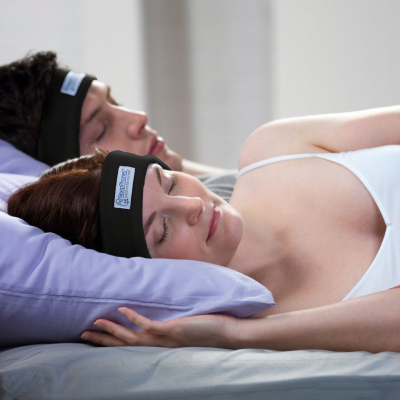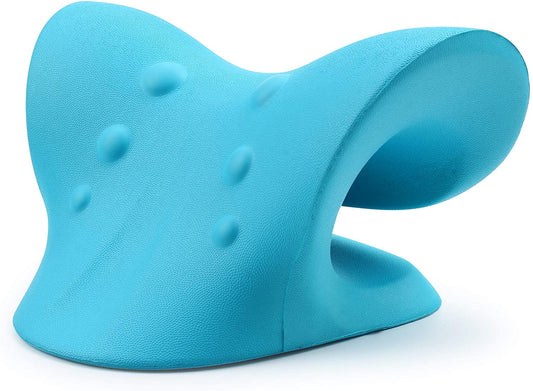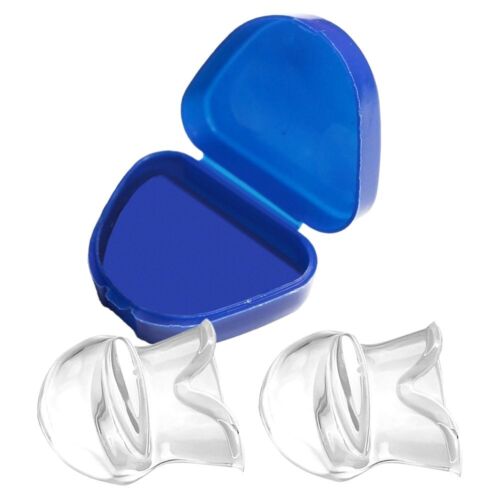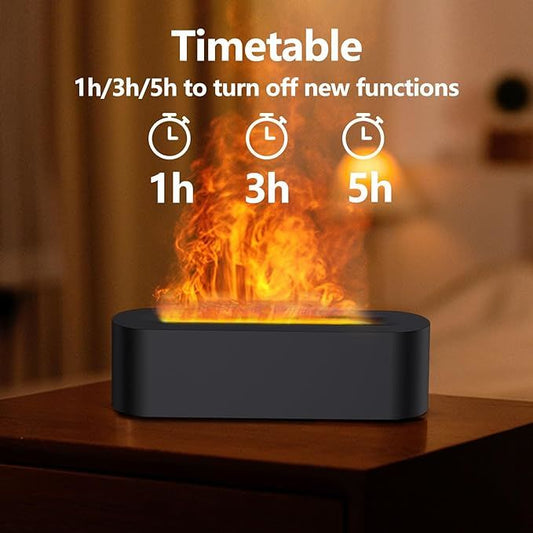In a world where technology permeates every facet of our lives, it's only fitting that it extends its reach to the realm of our dreams. As we navigate the digital landscape, a plethora of technological solutions has emerged to address the pervasive issue of sleep quality. From apps to wearables and other cutting-edge tools, these innovations are revolutionizing the way we approach our nightly slumber.
Sleep Tracking Apps
The era of smartphones brings with it a myriad of apps designed to monitor and analyze our sleep patterns. These applications leverage the sensors embedded in our devices to track movements, breathing rates, and even heart rates during the night. With features like sleep cycle analysis, users gain insights into their sleep stages, helping them understand the quality of their rest. Apps like Sleep Cycle, Pillow, and Sleep Score are at the forefront of this technological wave, providing personalized data to enhance sleep hygiene.
Wearables for Sleep Monitoring
Wearable technology has transcended mere fitness tracking to delve into the realm of sleep monitoring. Smartwatches and fitness bands equipped with advanced sensors offer a holistic approach to sleep tracking. These devices not only monitor sleep patterns but also provide real-time feedback on factors such as heart rate variability and body temperature. Brands like Fitbit, Apple, and Garmin have incorporated sophisticated sleep tracking features into their wearables, allowing users to seamlessly integrate sleep data into their overall health and wellness routines.
Smart Mattresses and Sleep Tech Integration
The bed itself has become a hub for sleep technology. Smart mattresses equipped with sensors can monitor factors like movement, heart rate, and even snoring patterns. These mattresses integrate with other smart home devices, such as thermostats and lights, to create an optimal sleep environment. Companies like Eight Sleep and Sleep Number offer mattresses that adapt to individual sleep preferences, providing a personalized and comfortable sleep experience.
Light Therapy Devices
Light plays a pivotal role in regulating our circadian rhythm. Light therapy devices leverage this knowledge to address sleep issues. These devices emit specific wavelengths of light that mimic natural sunlight, helping to reset the internal clock and improve sleep quality. Some devices, like the Philips SmartSleep Light Therapy Lamp, are designed to be used in the morning to promote wakefulness, while others, like the SomniLight Sleep Aid, emit warm light in the evening to facilitate relaxation and prepare the body for sleep.
Smart Sleep Glasses
Blue light-blocking glasses have gained popularity for mitigating the impact of screens on sleep. Going a step further, smart sleep glasses are equipped with sensors that monitor the wearer's sleep patterns. By tracking metrics like eye movement and blinking, these glasses provide insights into sleep quality. Brands like Neuroon and Sleep Shepherd offer glasses designed to enhance the overall sleep experience.
AI-Powered Sleep Coaches
Artificial intelligence is making its mark in the realm of sleep technology. AI-powered sleep coaches analyze vast datasets to provide personalized recommendations for improving sleep habits. These virtual sleep companions offer insights into factors like sleep consistency, bedroom environment, and stress management. Apps like Sleepio and Somryst leverage AI algorithms to deliver tailored sleep improvement programs.
As technology continues to advance, the landscape of sleep solutions is evolving rapidly. These innovations not only empower individuals to monitor and optimize their sleep but also contribute to a broader understanding of sleep science. Embracing these technological solutions allows us to forge a path toward healthier sleep habits and, ultimately, a more restful and rejuvenating night's sleep. In the digital age, technology is not just a part of our waking lives; it's becoming an integral component of our journey into the world of dreams.




